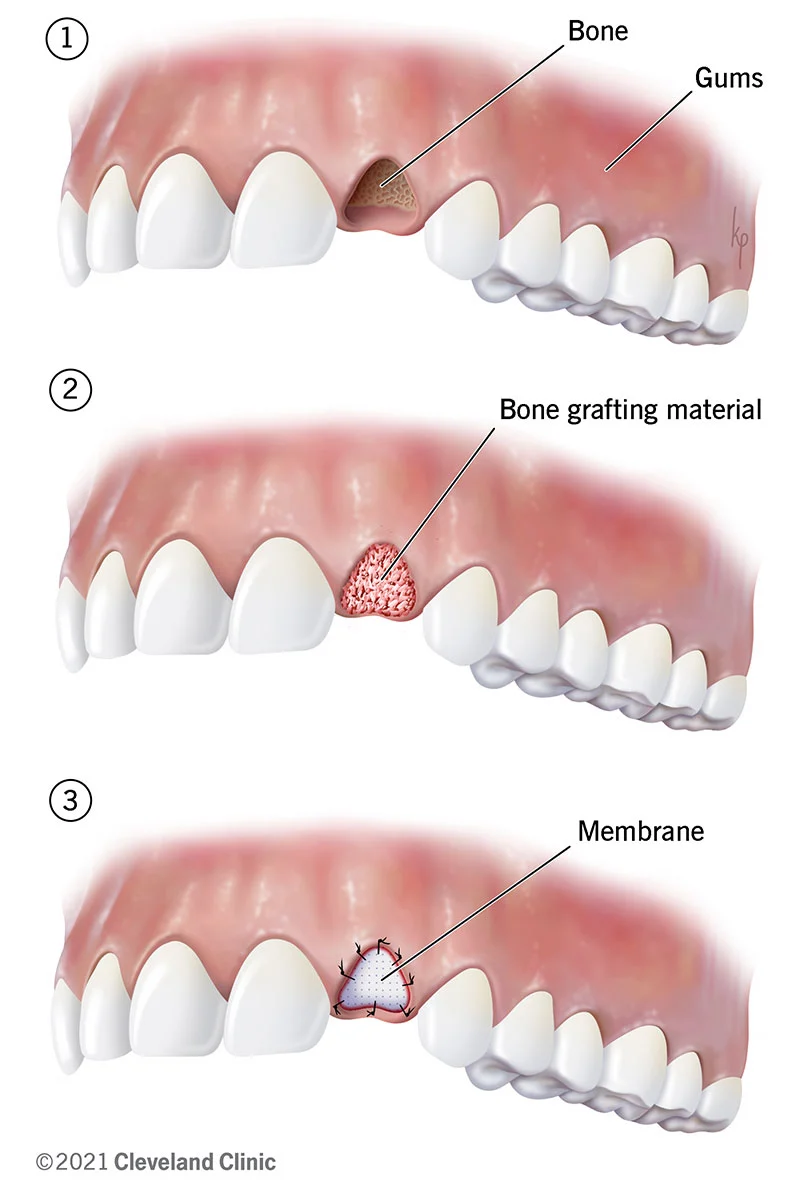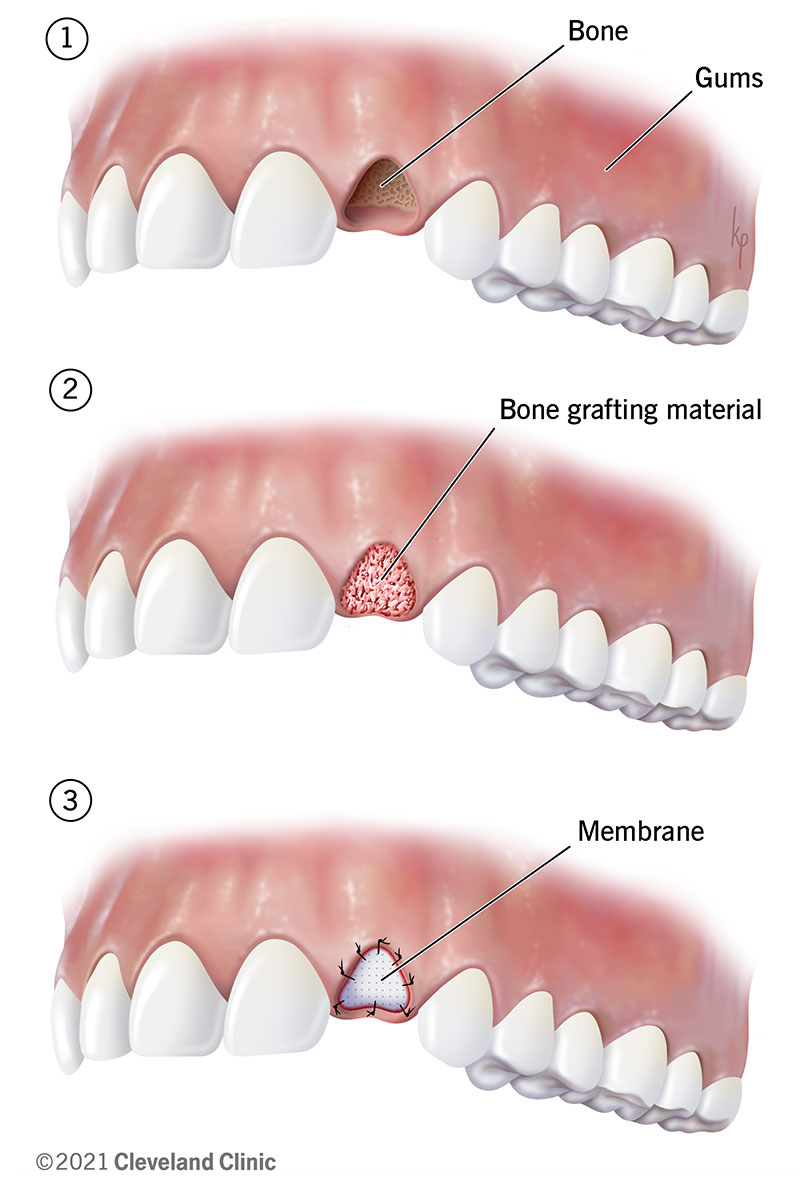
So, you just had dental surgery and now you’re wondering how to heal your gums? Well, you’ve come to the right place! Dental surgery can be a bit daunting, but with the right care and guidance, you’ll be on the road to recovery in no time. In this article, we’ll dive into the ins and outs of healing gums after dental surgery and provide you with some helpful tips to make the process as smooth as possible. So, sit back, relax, and let’s get started on your journey to healthy gums!
After dental surgery, your gums need some tender loving care to heal properly. It’s important to follow your dentist’s instructions and take the necessary steps to promote healing. From maintaining good oral hygiene to practicing mindful eating, there are several things you can do to aid in the healing process. In this article, we’ll explore some effective ways to heal your gums after dental surgery and get you back to smiling in no time. So, put on your healing cap and let’s dive into these gum-healing strategies!
After dental surgery, it’s important to take proper care of your gums for a speedy recovery. Here’s a step-by-step guide on how to heal gums after dental surgery:1. Follow your dentist’s instructions: Your dentist will provide specific post-operative care instructions. Follow them diligently for optimal healing.2. Manage pain and swelling: Take prescribed pain medications and apply ice packs intermittently to reduce pain and swelling.
3. Maintain oral hygiene: Gently brush your teeth and gums, avoiding the surgical site. Rinse your mouth with warm saltwater to keep it clean.
4. Eat a soft diet: Stick to soft foods that require minimal chewing to prevent irritation of the surgical area.
5. Avoid tobacco and alcohol: These can delay healing and increase the risk of complications.
Remember, everyone’s healing process is different. If you experience excessive bleeding, severe pain, or any concerns, contact your dentist immediately.
How to Heal Gums After Dental Surgery?
Dental surgery can be a necessary and beneficial procedure, but it often comes with a recovery period that requires special care for the gums. After dental surgery, it is important to take steps to promote healing and prevent any complications. By following the proper post-operative instructions and implementing some helpful tips, you can ensure a speedy and successful recovery.
Understanding the Healing Process
After dental surgery, the gums go through a healing process that involves inflammation, tissue repair, and regeneration. It is important to understand this process to know what to expect and how to best support your gums during this time.
During the first 24 to 48 hours after surgery, you may experience swelling, discomfort, and bleeding. This is a normal response as your body starts the healing process. It is crucial to follow your dentist’s instructions regarding pain management and oral hygiene to minimize any complications.
As the days progress, the swelling should start to subside, and the gums will gradually heal. The healing process can take anywhere from a few days to a few weeks, depending on the extent of the surgery. It is essential to be patient and diligent in caring for your gums during this time.
Proper Oral Hygiene
Maintaining proper oral hygiene is crucial for healing gums after dental surgery. Although it may be tempting to avoid brushing or flossing around the surgical area, it is important to keep the area clean to prevent infection and promote healing.
Use a soft-bristled toothbrush and gently brush your teeth, including the surgical area, twice a day. Be careful to avoid applying too much pressure or causing any irritation. If your dentist recommends a specific mouthwash or oral rinse, use it as directed to help keep the surgical site clean.
In addition to regular brushing, it may be necessary to use an antimicrobial mouthwash to further reduce the risk of infection. Your dentist may prescribe a specific mouthwash or recommend an over-the-counter option. Follow their instructions carefully and incorporate it into your daily oral hygiene routine.
Pain Management
Pain and discomfort are common after dental surgery, but there are several methods you can use to manage it effectively. Your dentist may prescribe pain medication or recommend over-the-counter options such as ibuprofen or acetaminophen. Take the medication as directed and do not exceed the recommended dosage.
In addition to pain medication, you can also use cold compresses to reduce swelling and alleviate discomfort. Apply a cold pack or a bag of frozen peas wrapped in a clean cloth to the affected area for 15 minutes at a time. Take breaks between applications to avoid prolonged exposure to cold.
Healthy Diet
A healthy and balanced diet can play a significant role in the healing process. During the recovery period, it is important to avoid foods that are hard, crunchy, or require excessive chewing. Opt for soft and nutritious foods such as soups, yogurt, mashed potatoes, and smoothies.
Avoid consuming hot or spicy foods, as they can irritate the surgical site. Instead, opt for lukewarm or room temperature foods to minimize discomfort. It is also important to stay hydrated by drinking plenty of water throughout the day.
Quit Smoking
If you are a smoker, it is important to refrain from smoking during the healing period after dental surgery. Smoking can significantly impair the healing process and increase the risk of complications such as delayed healing, infection, and dry socket.
Nicotine and other harmful chemicals in cigarettes can constrict blood vessels and reduce blood flow to the gums, hindering the healing process. Talk to your dentist about resources and support to help you quit smoking if needed.
Follow-up Appointments
Regular follow-up appointments with your dentist are essential for monitoring the healing progress and addressing any concerns or complications. Your dentist will evaluate the surgical site, remove any sutures if necessary, and provide further instructions for ongoing care.
Be sure to attend all scheduled appointments and communicate any changes or issues you may be experiencing. Your dentist is there to support you throughout the healing process and ensure the best possible outcome.
By following these guidelines and maintaining good oral hygiene practices, you can promote healing and reduce the risk of complications after dental surgery. Remember to be patient and allow your gums the time they need to heal properly. If you have any concerns or questions, do not hesitate to reach out to your dentist for guidance and support.
Key Takeaways: How to Heal Gums After Dental Surgery?
- Keep your mouth clean by gently brushing your teeth and gums after surgery.
- Avoid hard and crunchy foods that can irritate your gums.
- Rinse your mouth with saltwater to reduce swelling and promote healing.
- Apply a cold compress to reduce pain and swelling.
- Follow your dentist’s instructions for medication and post-surgery care.
Frequently Asked Questions
Why is it important to heal gums after dental surgery?
Healing gums after dental surgery is crucial for several reasons. Firstly, it helps to prevent infection and reduce the risk of complications. When gums are not properly healed, bacteria can enter the surgical site, leading to infection and delayed healing. Secondly, proper gum healing ensures the success of the surgical procedure. It allows the gums to properly reattach to the teeth or implants, ensuring stability and long-term success. Lastly, healing gums can help alleviate post-operative discomfort and promote overall oral health.
How long does it take for gums to heal after dental surgery?
The healing time for gums after dental surgery can vary depending on the complexity of the procedure and individual healing capabilities. In general, it can take anywhere from a few days to several weeks for gums to fully heal. Simple procedures, such as tooth extractions, may have a shorter healing time of about 7-10 days, while more complex surgeries, like gum grafting or implant placement, may require several weeks for complete healing. It’s important to follow your dentist’s post-operative instructions and attend any recommended follow-up appointments to ensure proper healing.
What can I do to promote gum healing after dental surgery?
To promote gum healing after dental surgery, there are several steps you can take. Firstly, maintain good oral hygiene by gently brushing your teeth twice a day and using a soft-bristled toothbrush. However, avoid brushing directly on the surgical site until your dentist gives you the green light. Secondly, rinse your mouth with a saltwater solution or an antimicrobial mouthwash prescribed by your dentist to help keep the surgical area clean. Additionally, follow a soft food diet for the first few days after surgery, avoiding hard, crunchy, or spicy foods that may irritate the gums. Lastly, avoid smoking or using tobacco products, as they can delay the healing process.
Are there any home remedies to aid gum healing after dental surgery?
While it’s important to follow your dentist’s instructions for post-operative care, there are some home remedies that can aid in gum healing after dental surgery. One popular remedy is rinsing with warm saltwater. Mix half a teaspoon of salt in a cup of warm water and gently swish it around your mouth, being careful not to disturb the surgical area. This can help reduce inflammation and promote healing. Another option is using a cold compress on the outside of your cheek near the surgical site to help reduce swelling and discomfort. However, it’s essential to consult with your dentist before trying any home remedies to ensure they are safe and appropriate for your specific situation.
When should I contact my dentist if I have concerns about gum healing after dental surgery?
If you have concerns about gum healing after dental surgery, it’s important to contact your dentist as soon as possible. While some discomfort and swelling are normal after surgery, certain symptoms may indicate complications or an infection. Contact your dentist if you experience severe pain that is not relieved by prescribed pain medications, excessive bleeding, pus or discharge from the surgical site, persistent swelling, or a fever. Your dentist will be able to evaluate your symptoms and provide appropriate guidance or treatment to ensure proper healing.
Things you SHOULD do after dental surgery (tooth extraction, dental implant, gum surgery)
Final Thoughts: How to Promote Healing After Dental Surgery
It’s crucial to take the necessary steps to promote proper healing and ensure a smooth recovery
Maintaining good oral hygiene is essential. Gently brush your teeth twice a day using a soft-bristled toothbrush and a toothpaste recommended by your dentist. Be careful to avoid the surgical site initially and gradually introduce gentle cleaning in that area as advised by your dental professional. Additionally, rinsing your mouth with a warm saltwater solution can help reduce inflammation and promote healing.
Incorporating a balanced diet is another crucial aspect of the healing process. Don’t forget to stay hydrated! Drinking plenty of water throughout the day not only aids in the healing process but also helps flush out any bacteria and debris from the surgical area. It’s important to follow your dentist’s postoperative instructions and attend any follow-up appointments.
Call or Book appointment online
:Ace Dental Care Alpharetta office: 678-562-1555 - Book Now
Ace Dental Care Norcross office: 770-806-1255 - Book Now
Disclaimer
This blog post was generated by artificial intelligence. The content of this post may not be accurate or complete, and should not be relied upon as a substitute for professional advice. If you have any questions about the content of this post, please contact us.
We are constantly working to improve the accuracy and quality of our AI-generated content. However, there may still be errors or inaccuracies. We apologize for any inconvenience this may cause.






